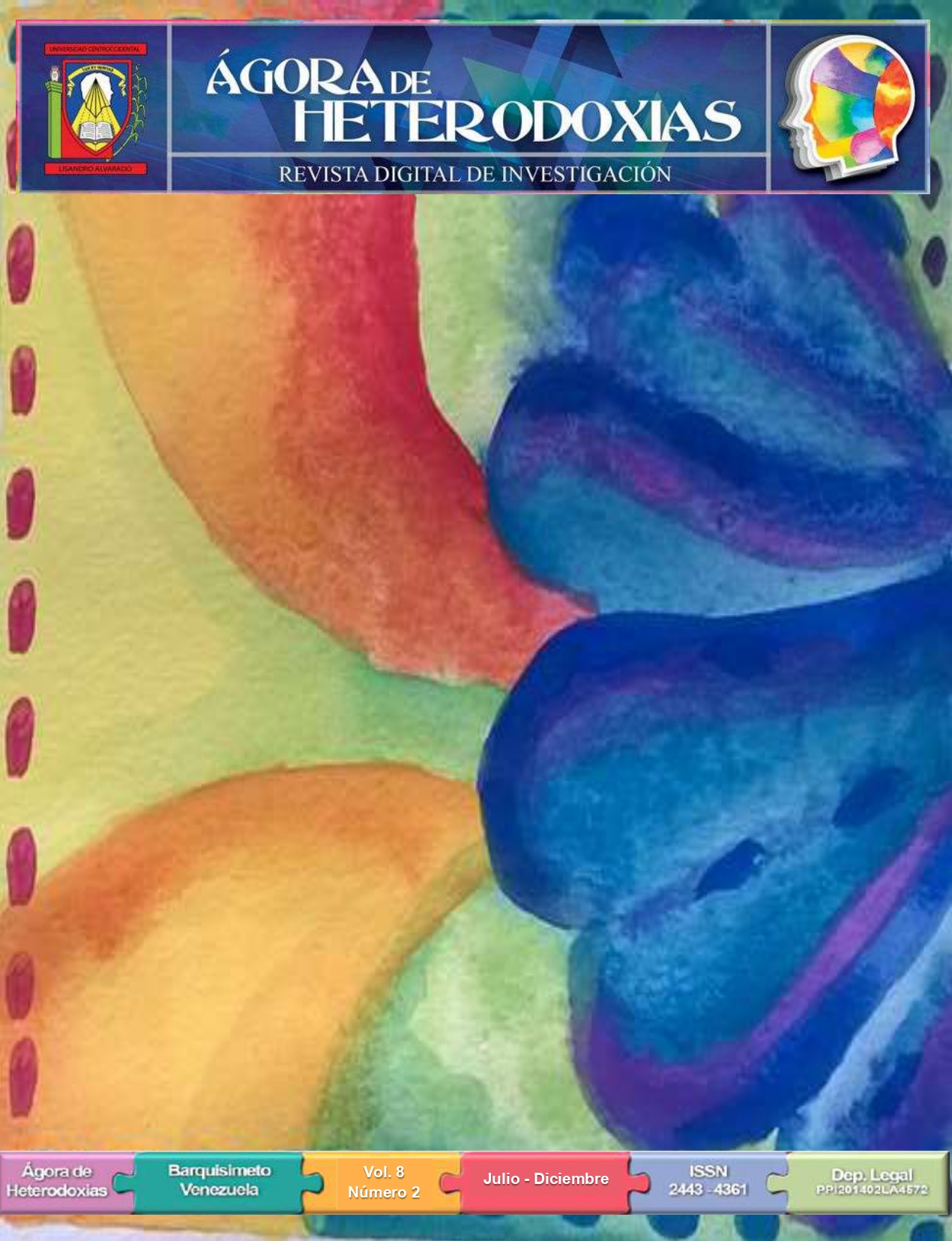Forced Migration of Displaced Scholars in the 20th Century and Its Impact in the Circulation of Knowledge and Ideas
DOI:
https://doi.org/10.5281/zenodo.7682871Keywords:
Forced migration, Displaced scholars, Britain, Contemporary period, Inter and post-war yearsAbstract
This review article is an analysis of forced migration of the displaced scholars and scientists from European universities that arrived in Britain in some periods of the twentieth century, especially during the First and the Second World Wars, and the inter and post-war years; presenting in the final part of this paper, in some detail, how in the contemporary period, the pattern of the academic migration to Britain has changed.
Downloads
References
Adams, W. (1968). The refugee scholars of the 1930s. The political quarterly, 39(1), 7-14.
Bentwich, N. (2012). The rescue and achievement of refugee scholars: The story of displaced scholars and scientists 1933–1952 (Vol. 1). Springer Science & Business Media.
Boswell, C. (2009). The political uses of expert knowledge: Immigration policy and social research. Cambridge University Press.
Bramwell, A.C. (1988). Refugees in the Age of Total War. Routledge.
Brandi, M. C., (2006). La historia del brain drain. Revista Iberoamericana de Ciencia, Tecnología y Sociedad - CTS, 3(7),65-85.[fecha de Consulta 23 de Noviembre de 2022]. ISSN: 1668-0030. Recuperado de: https://www.redalyc.org/articulo.oa?id=92430705
Cohen, S. (2021). Challenging the injustice of wartime internment: the collaboration between Eleanor Rathbone and Esther Simpson, 1940–1942. Jewish Historical Studies, pp. 56-69.
Cooper, R. (1992). Refugee Scholars: Conversation with Tess Simpson. Leeds, UK: Moorland.
Cox, M. (2021). “His finest hour”: William Beveridge and the Academic Assistance Council. LE
Dodani, S., & LaPorte, R. E. (2005). Brain drain from developing countries: How can brain drain be converted into wisdom gain? Journal of the Royal Society of Medicine, 98(11), 487–491. https://doi.org/10.1177/014107680509801107
Donau. D. (1999). ["Migrations in the 20 th century and their consequences – ways forward for history lessons within a European context"]. European Seminar for Educational Staff
Feichtinger, J. (2001).Wissenschaft zwischen den Kulturen: Osterreichische Hochschullehrer in der Emigration 1933-1945. Frankfurt and New York: Campus pp. 32-38.
Hirschfeld, G. (Ed.). (1984). Exile in Great Britain: Refugees from Hitler's Germany. Berg Publishers.
Kim, T. (2009). Shifting patterns of transnational academic mobility: a comparative and historical approach. Comparative Education, 45(3), 387–403. http://www.jstor.org/stable/40593182
Khan, J. (2021). European academic brain drain: A meta-synthesis. Eur J Educ. 56: 265– 278.
Kone, Z. L. (2017). Brain Drain, gain and circulation. Handbook of Globalisation and Development, 349–370. https://doi.org/10.4337/9781783478651.00029
Medawar, J., and D. Pyke. 2001. Hitler's gift: The true story of scientists expelled by Nazi regime. New York: Arcade Publish.
Pustelnikovaite, T. (2021). Locked out, locked in and stuck: exploring migrant academics’ experiences of moving to the UK. Higher Education, 82(4), 783-797.
Rall, J. A. (2017). Nobel Laureate AV Hill and the refugee scholars, 1933–1945. Advances in Physiology Education, 41(2), 248-259.
Sieglin, V., & Zúñiga, M. (2010). “Brain drain” en México. Estudio de Caso sobre Expectativas de Trabajo y disposición hacia la migración laboral en estudiantes de ingeniería y ciencias naturales. Perfiles Educativos, 32(128). https://doi.org/10.22201/iisue.24486167e.2010.128.18908
Siegmund-Schultze, R. 2001. Rockefeller and the internationalization of mathematics between the two World Wars: Documents and studies for the social history of mathematics in the 20th century. Basel and Boston: Birkhäuser Verlag. Tanaka, M. 2005.
Zimmerman, D. (2006). The Society for the Protection of Science and Learning and the Politicization of British Science in the 1930s. Minerva, 44(1), 25-45.
Published
How to Cite
Issue
Section
Copyright (c) 2023 Emma Fierros-Pesquera, Diana Castillo-Fernández

This work is licensed under a Creative Commons Attribution-NonCommercial-ShareAlike 4.0 International License.
![]() Authors keep their copyrights so articles can be reused for teacher and research purpose. Readers and users can also reuse articles for the same purposes but not for commercial purposes. Ágora de Heterodoxias has no responsibility on information given by collaborators which is not necessarily the point of view of the publication
Authors keep their copyrights so articles can be reused for teacher and research purpose. Readers and users can also reuse articles for the same purposes but not for commercial purposes. Ágora de Heterodoxias has no responsibility on information given by collaborators which is not necessarily the point of view of the publication



